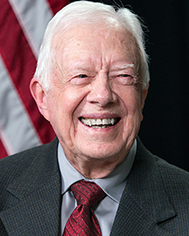Inês Subtil wrote for communidad segura 11 May 2009, Portugal: Success in harm reduction:
Now that makes a lot of sense. And Portugal demonstrates that it works.In 1999, Portugal broke new ground by enacting legislation that decriminalized all drug use. Ten years later, the results are there for all to see, results of a change that João Goulão, president of the do Instituto da Droga e Toxicodependência (The Drugs and Chemical Addiction Institute) IDT, believes show the law has been instrumental in solving the problem of drug abuse, and crucial for bringing legislation into harmony with practices and people.
A family doctor, Goulão was condecorated by the president of the Portuguese Republic, but he says he is always ready for to roll up his sleeves and get out in the field. At 55, he is a candidate for the Presidency of the European Drugs Observatory, but that has not clowded his sobriety about the work at hand.
In an exclusive interview to Comunidad Segura, Goulão discusses the workings and the structure of the institution that he presides over, that has set a world-wide example of success. For him, drug use is closely associated to self-esteem. “If we could restore drug addicts their human dignity, we would be able to demand something in return. But to make demands of addicts who are enslaved by their addiction is senseless,” he said.
He has more sensible things to say in the interview, including this: Continue reading


 Previously
Previously




